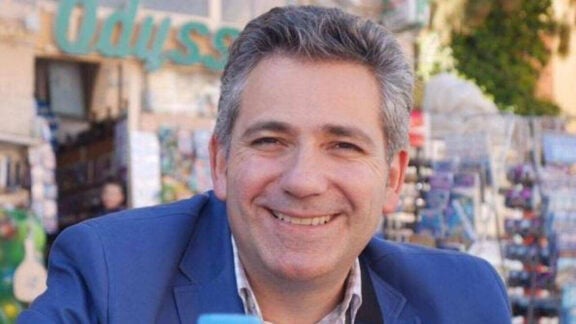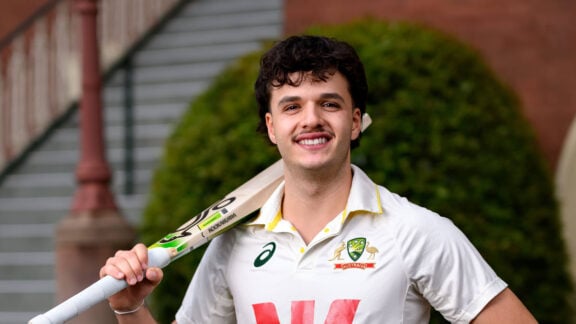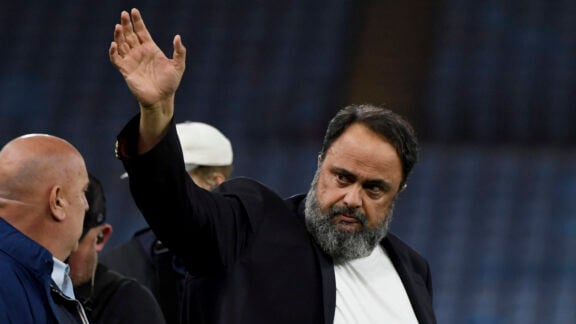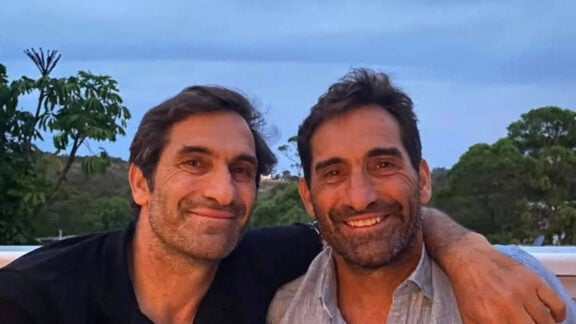Something odd has occurred in Australian politics. After one of the wildest first parliamentary sessions for the year that anyone can remember, both Labor and Liberal appear to have abandoned the idea that discipline is critical to the operation of party politics. It used to be that members of parties would at least pretend to be unified in order to convince the public of the ability of their respective parties to govern the country.
Apparently this is no longer a given. The most spectacular abandonment of discipline occurred in the Labor party, whose lapse in to open warfare over its leadership was made all the worse for the fact that it is currently the governing party. The Liberal party in opposition could bask in the knowledge that it didn’t have to do anything to bring the government down given the very good attempt at self-destruction going on in the Labor ranks.
Yet the Liberals, too, are not without their divisions over policy and the public airing of differences contributes to a nagging doubt about the long-term viability of the current opposition leader, Tony Abbott. While Labor was busily tearing itself apart over the futures of Julia Gillard and Kevin Rudd, Tony Abbott’s team started to argue amongst themselves over the party’s parental allowance scheme.
This is a plan designed by Tony Abbott to allow for women to continue receiving their salaries whilst on an extended period of maternity leave. This plan is for a levy to be charged on businesses that earn $5 million or more per annum. It’s a bold scheme and one that upsets a number of Liberal MPs, some because of the potential for an inequitable social outcome where very wealthy families will benefit whereas the less affluent will not, and others who see this as an unacceptable tax burden especially on the small business sector. This dispute has already flushed out the outspoken Liberal back-bencher Russell Broadbent, and the shadow finance minister Andrew Robb, both of whom have cast doubt on the viability of a scheme that Tony Abbott is personally committed to.
In Broadbent’s case, criticism of the scheme has been made in public. Robb’s approach has been a bit more circumspect, but once again the discord between Robb and shadow treasurer Joe Hockey has been observable. Even after all this time, Abbott, Robb and Hockey still can’t seem to get their positions on policy to align. Such internal wrangling over policy would cause damage to the Coalition’s claim to be a viable alternative government were it not for it being completely overshadowed by Labor’s behaviour over the last three weeks.
Julia Gillard’s success in winning a strong Caucus endorsement for her leadership at the expense of Kevin Rudd might end up being a pyrrhic victory if the electorate responds poorly to the way the leadership battle unfolded. And there is every chance that will be the case given the startling outpouring of bile and invective about Rudd from Gillard supporters as they sought to demolish Rudd’s leadership campaign.
While it is doubtless that hatred for ones colleagues is as integral part of internal party politics, it should be noted that the containment of such animosities within its structures is one of the key functions of a disciplined political party. Consistent with the need to maintain discipline, from the moment they deposed him in 2010 Labor MPs kept telling the public what a good fellow the former prime minister was as both a colleague and a foreign minister. The prospect of a Rudd leadership challenge, however, caused many senior Labor people to reveal what they really thought about him and what his leadership was really like despite what they had previously uttered on these subjects.
Apart from further undermining the credibility of politics and politicians these senior Labor members have significantly undermined their own claims about being a functional government. In their rush to do Rudd in, the Gillard team have undermined their own credibility and the chief beneficiary may yet be Tony Abbott notwithstanding the problems he has with his team.
* Dr Nick Economou is a Senior Lecturer in the School of Political and Social Inquiry at Monash University







